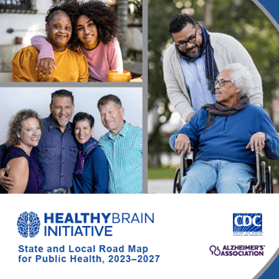

National Center on Elder Abuse


National Center on Elder Abuse
July 25, 2023
 | As new conversations on dementia risk reduction and early detection emerge, we must not lose sight of the need for prevention of abuse, neglect, and exploitation of people living with dementia. While abuse can happen to anyone, both at home and in care settings, people living with dementia are at increased risk. |
Increasing Awareness through Policy Change
In 2020, the bipartisan Promoting Alzheimer’s Awareness to Prevent Elder Abuse Act was signed into law, requiring the Department of Justice to develop dementia-specific materials for frontline professionals. These tools aim to assist law enforcement, legal and medical professionals, social services, and others to enhance their interactions with people living with dementia and to safeguard them from mistreatment. In 2022, several states, including Arizona, Colorado, and Iowa, passed legislation requiring training on dementia for Adult Protective Services’ (APS) staff. Alongside these policy changes, agencies such as the Administration for Community Living and the National Center on Elder Abuse (NCEA), among many others, work to advance education on the maltreatment of people with dementia through longstanding programs and research.
 | Growing Public Health Action on Brain Health
The launch of the new Healthy Brain Initiative: State and Local Road Map for Public Health, 2023 – 2027 (HBI Road Map) marks a new era for public health action on dementia, released following several years of groundbreaking changes in public health funding, medical treatments, and a newly added national priority on risk reduction. Developed with cross-sectoral input from hundreds of partners, the guide offers 24 action items to support the public health community in making change, including efforts aimed at reaching diverse communities and reducing health disparities across the life course. |
The prior edition of the Road Map categorized abuse, neglect, and exploitation under the Educate and Empower domain. In the latest edition, this action item was reclassified under Strengthen Partnerships and Policies to encourage public health agencies to leverage the progress made by elder justice organizations and build partnerships to collaboratively address the issue. This move reframes the role of public health in policy improvement through partnerships with APS, law enforcement, aging network service providers, and other community-based organizations. Public health policies play a critical role in providing support services for caregivers, reducing stress that may lead to abuse. Policies can also improve awareness and availability of these services and provide guidance on where to turn for help.
Actions across all domains of the HBI Framework offer steps toward reducing existing gaps in the system and fostering environments that prevent abuse, in part through increased public knowledge and service use, reducing stigma among the workforce, policy change, and data-informed decision making.
The NCEA’s recent research brief on the Mistreatment of People with Dementia is a great example of using data to drive informed action. Using the existing evidence on dementia, the brief makes recommendations for future practice, research, education, and policies that will help drive momentum toward increased awareness and protections.
It will take all of us working together to both change the response — and the context — of abuse. The HBI Road Map is a starting place for growing the conversation and the work. We can all be a part of building on that foundation to find solutions and make change. We hope you’ll join us!
Last Modified: 03/22/2024